kennypeng.me
If you're interested in embeddings, aligning group preferences, or music recommendations, check out the episode below 👇
open.spotify.com/episode/6IsP...

If you're interested in embeddings, aligning group preferences, or music recommendations, check out the episode below 👇
open.spotify.com/episode/6IsP...

arxiv.org/abs/2601.04253

arxiv.org/abs/2601.04253
Looking forward to it! 🎉
We’d love to hear yours too, so please submit your idea at
forms.atproto.science/atscience26-... 🗳️
The call for proposals closes at the end of January - we’ll review and notify speakers on a rolling basis.



What happened when Change.org integrated an AI writing tool into their platform? We provide causal evidence that petition text changed significantly while outcomes did not improve. 1/
arxiv.org/abs/2511.13949

What happened when Change.org integrated an AI writing tool into their platform? We provide causal evidence that petition text changed significantly while outcomes did not improve. 1/
arxiv.org/abs/2511.13949
Kenny extracts minimal elements from a not-as-minimal-as-it-seems object: the Manhattan street grid. "I show how Manhattan’s numbered grid of streets and avenues is more complicated than you might realize," he says.
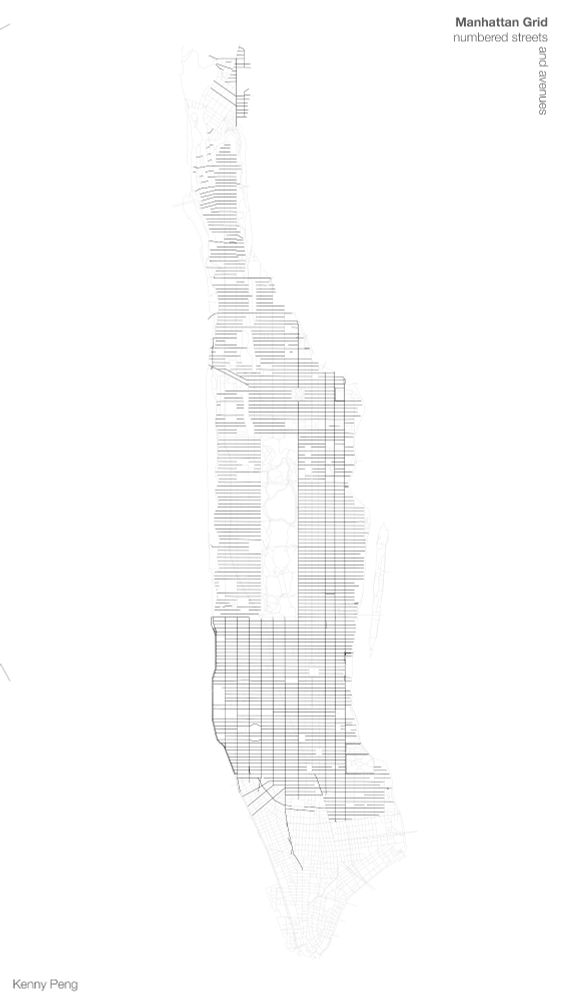

This point by @nkgarg.bsky.social has greatly shaped my thinking about the role of computer science in public service settings.
arxiv.org/abs/2507.03600

This point by @nkgarg.bsky.social has greatly shaped my thinking about the role of computer science in public service settings.

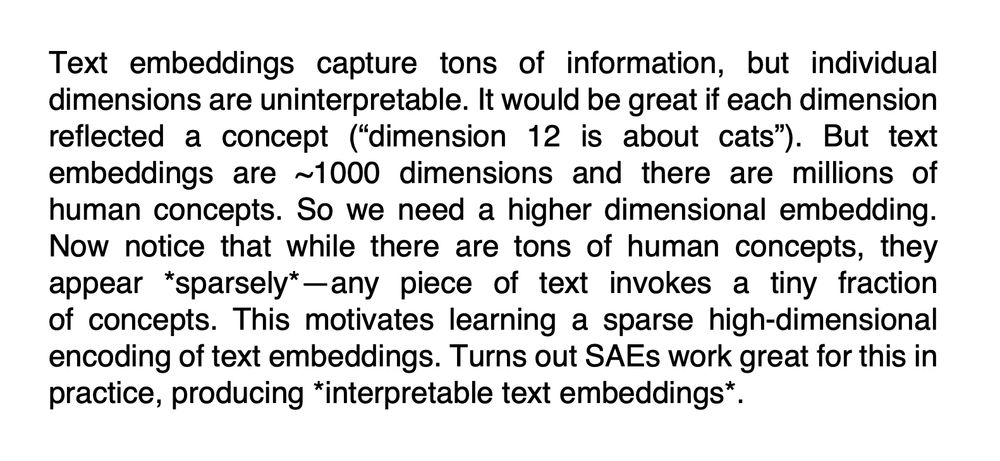
Come chat about "Sparse Autoencoders for Hypothesis Generation" (west-421), and "Correlated Errors in LLMs" (east-1102)!
Short thread ⬇️


Come chat about "Sparse Autoencoders for Hypothesis Generation" (west-421), and "Correlated Errors in LLMs" (east-1102)!
Short thread ⬇️
arxiv.org/abs/2506.07962

arxiv.org/abs/2506.07962
In our #CVPR2025 paper, we propose a method to make them more compact without sacrificing coverage.

In our #CVPR2025 paper, we propose a method to make them more compact without sacrificing coverage.
Draft: arxiv.org/abs/2502.04382
We're continuing to cook up new updates for our Python package: github.com/rmovva/Hypot...
(Recently, "Matryoshka SAEs", which help extract coarse and granular concepts without as much hyperparameter fiddling.)
Draft: arxiv.org/abs/2502.04382
We're continuing to cook up new updates for our Python package: github.com/rmovva/Hypot...
(Recently, "Matryoshka SAEs", which help extract coarse and granular concepts without as much hyperparameter fiddling.)
📄: arxiv.org/abs/2412.16406
📄: arxiv.org/abs/2412.16406
My answer today in Nature.
We will not be cowed. We will keep using AI to build a fairer, healthier world.
www.nature.com/articles/d41...
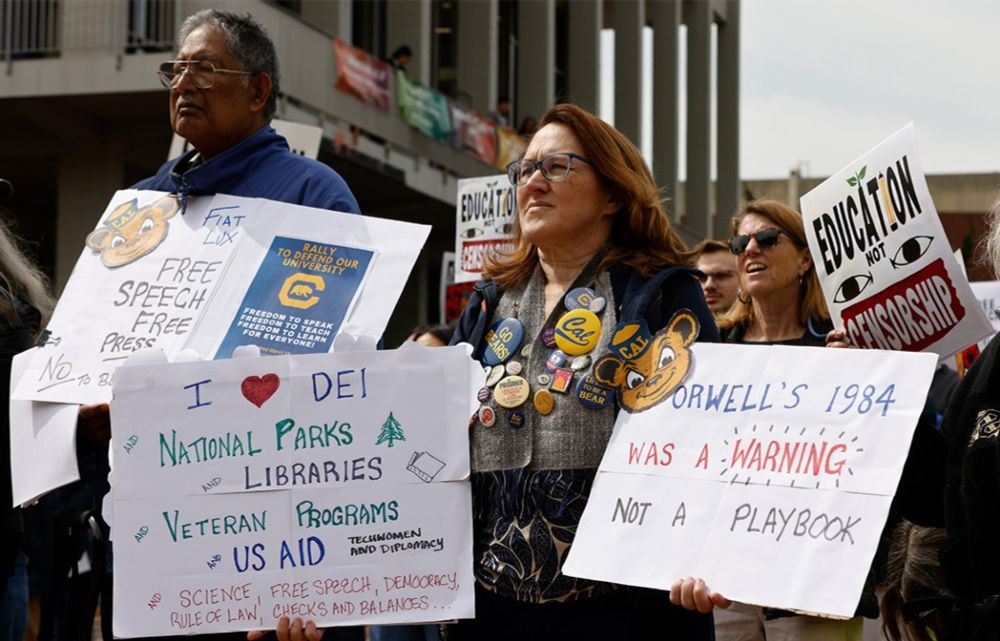
My answer today in Nature.
We will not be cowed. We will keep using AI to build a fairer, healthier world.
www.nature.com/articles/d41...
1) Geospatial trends: Cavalier King Charles Spaniels are common in Manhattan; the opposite is true for Yorkshire Terriers.
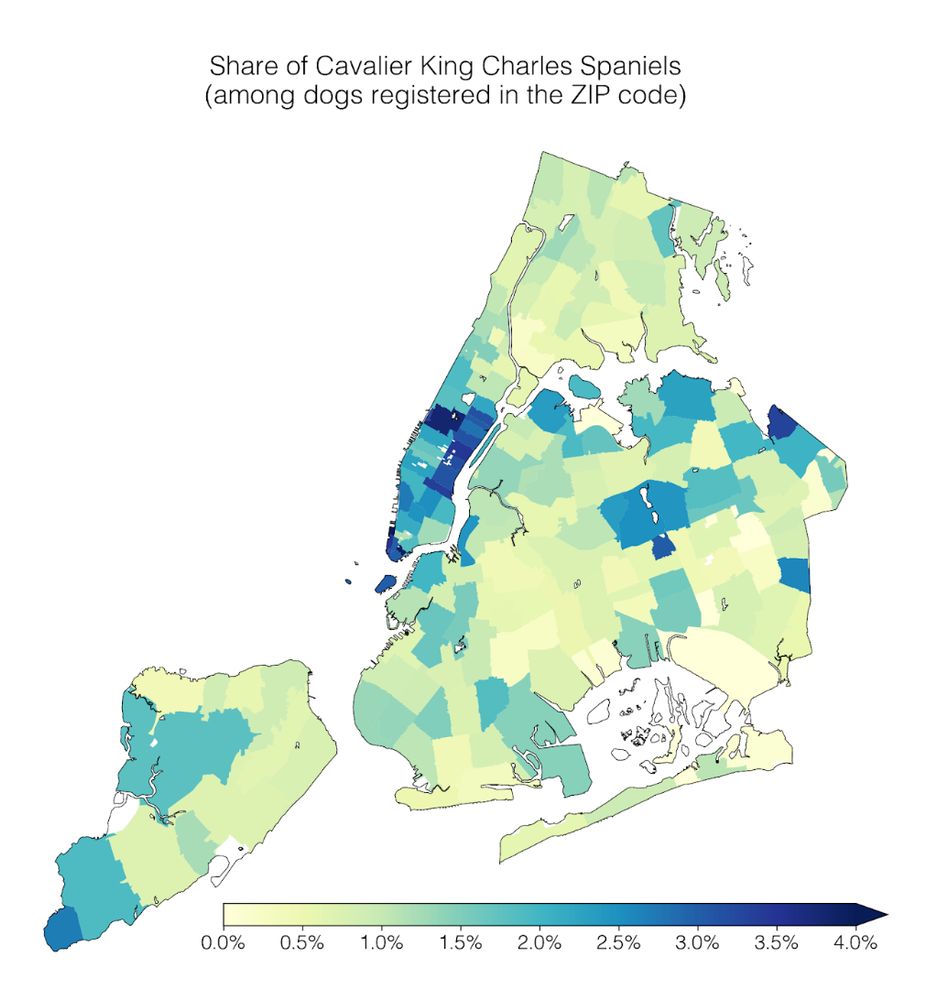
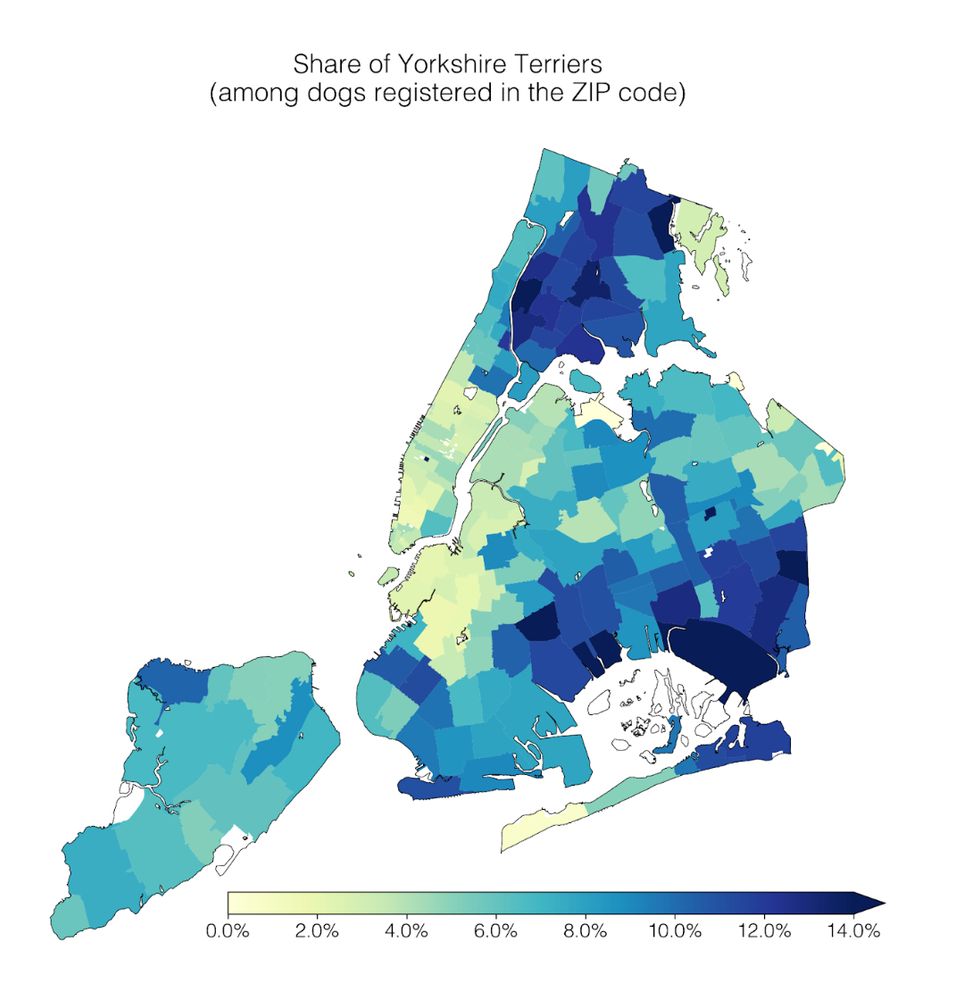
1) Geospatial trends: Cavalier King Charles Spaniels are common in Manhattan; the opposite is true for Yorkshire Terriers.
We build MIGRATE: a dataset of yearly flows between 47 billion pairs of US Census Block Groups. 1/5
We build MIGRATE: a dataset of yearly flows between 47 billion pairs of US Census Block Groups. 1/5
Our method, HypotheSAEs, produces interpretable text features that predict a target variable, e.g. features in news headlines that predict engagement. 🧵1/
Our method, HypotheSAEs, produces interpretable text features that predict a target variable, e.g. features in news headlines that predict engagement. 🧵1/
HypotheSAEs generates interpretable features of text data that predict a target variable: What features predict clicks from headlines / party from congressional speech / rating from Yelp review?
arxiv.org/abs/2502.04382
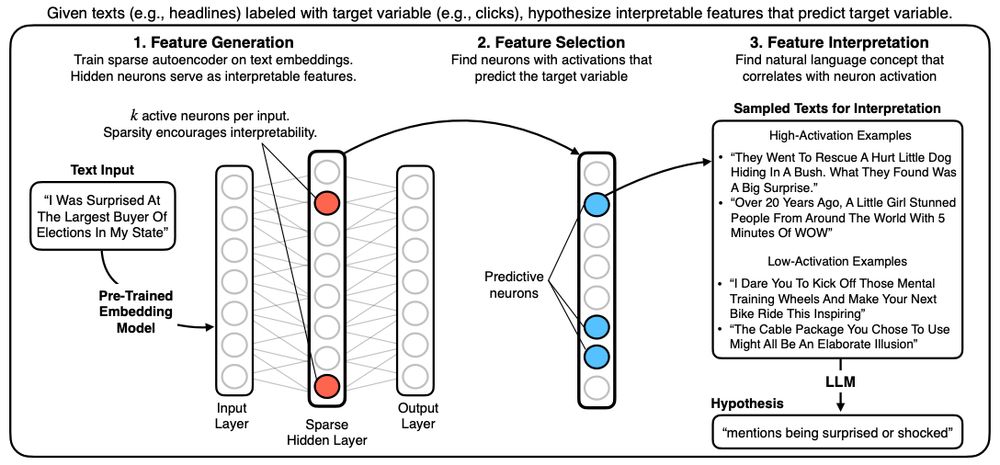
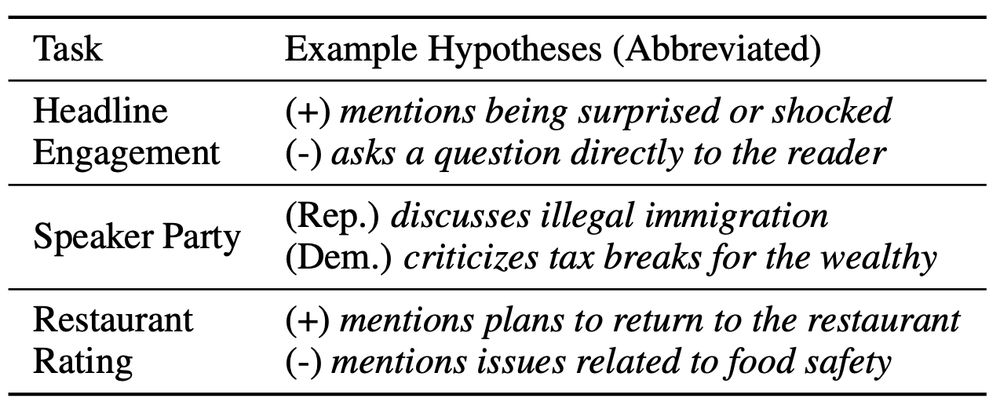
HypotheSAEs generates interpretable features of text data that predict a target variable: What features predict clicks from headlines / party from congressional speech / rating from Yelp review?
arxiv.org/abs/2502.04382
(And if you're at #AAAI, I'm presenting at 11:15am today in the Humans and AI session. Poster 12:30-2:30.)
arxiv.org/abs/2411.15230

(And if you're at #AAAI, I'm presenting at 11:15am today in the Humans and AI session. Poster 12:30-2:30.)
arxiv.org/abs/2411.15230

